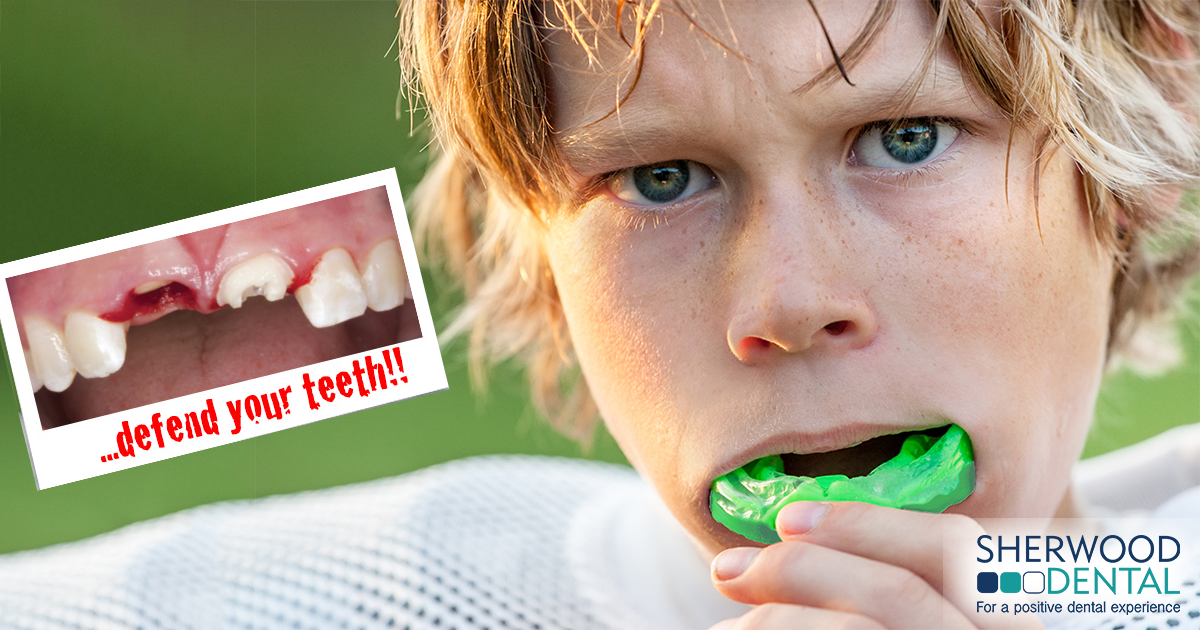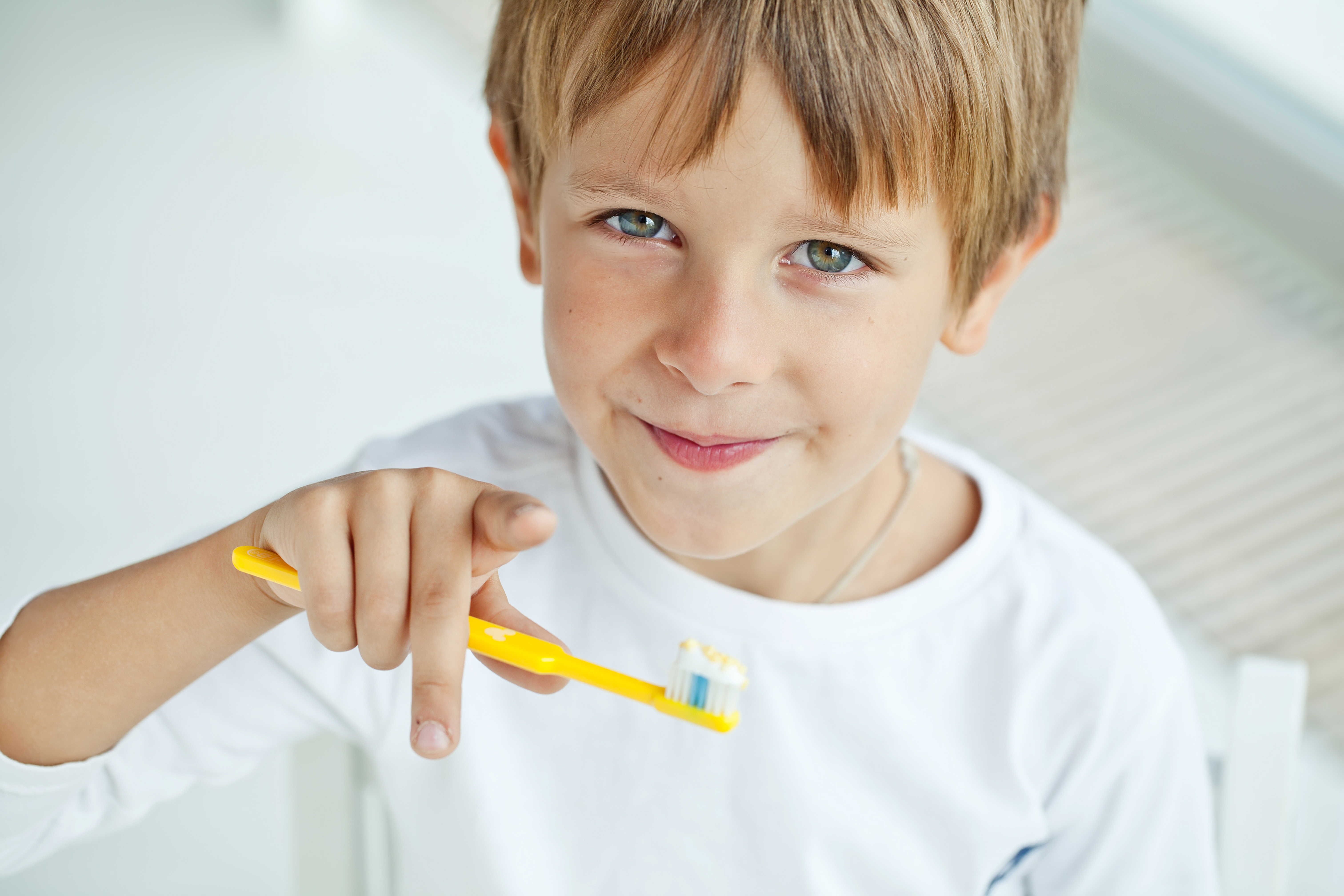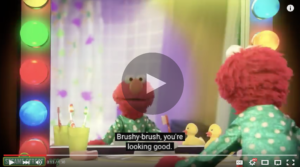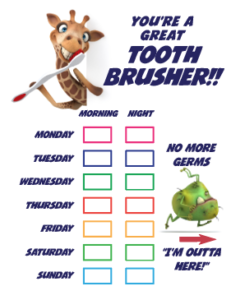Defending your smile with a custom-made mouthguard
In the news….
Young veterinary graduate Christina Johnson was wearing a Boil-and-Bite style of mouthguard from the chemist when she sustained facial injuries in a split second incident during a hockey match. Apart from painful lacerations, Christina also lost 2 of her front teeth and fractured a third. She was wearing a Boil and Bite mouthguard and thought she was protected.
Like Christina, many Australians LOVE sport!
While adults and children alike are signing up for their favourite sport it is timely reminder to be aware of the risks of facial trauma at any level of sport.
The cost of an injury to the teeth or jaw far exceeds the cost of a mouthguard.
Unfortunately dental injuries can lead to:
– Painful and disfiguring damage
– Lengthy recovery and expensive treatment
– Time off work or study
A mouthguard, custom-fitted by your dentist, is considered to provide the best protection for the teeth, lips and jaw.
Unfortunately not all mouthguards are created equal.
When considering mouthguard options for yourself or your family the Australian Dental Association suggest comparing the additional protection a custom-made mouthguard to inexpensive over-the-counter options. Over-the-counter mouthguards are infamous for being uncomfortable, ill-fitting and move around during play which can be dangerous at the time of impact.
- Over-the-counter stock mouthguard – are the cheapest option available at retail outlets. They are preformed, fit poorly and uncomfortable. They interfere with breathing and speech and give a false sense of protection.
- Boil-and-Bite Style – sold in chemists and sport retailers. When warmed they can be used to try to mould to the shape of a players’ mouth. They are uncomfortable and move around during play. The Australian Dental Association doesn’t recommend these and they should only be used in the short-term if there is no other alternative.
- Custom-made mouthguard are fitted by dental professionals. They are made from an impression (or mould) made from the patient’s mouth. They are the most comfortable option and are designed to allow speaking and normal breathing during play. There are also a range of mouthguard designs giving different levels of protection depending on the type of sport and the likely impact that will be sustained.
Wear the mouthguard at all times, including games and training sessions.
The 5 main reasons the ADA advocate custom-made mouthguards:
- help protect teeth against impact
- jaw joints are more protected
- protect oral soft tissue
- helps prevent injuries to the neck and jaw
- helps reduce the incidence of concussion.
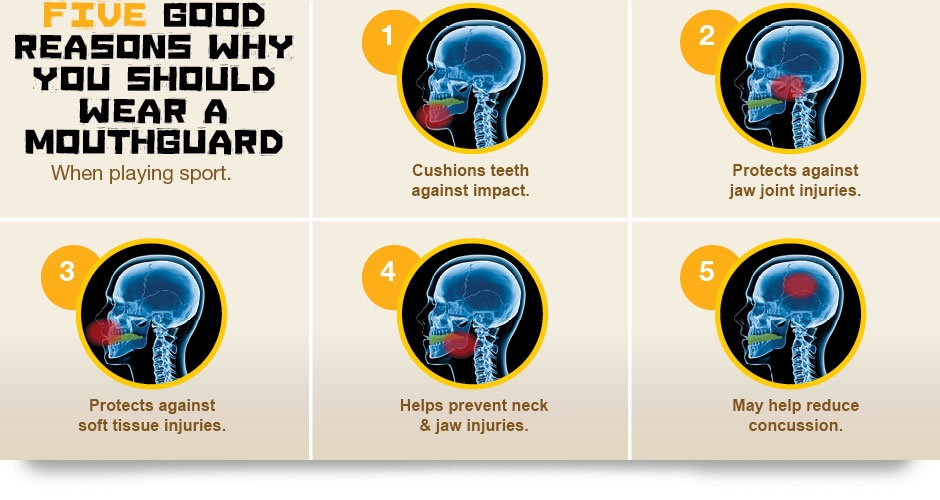
While signing up for your favourite team this year, we highly recommend investing in a well-fitting mouthguard. Please contact us for more information or to book an appointment for a custom-fitting on 3379 9300.

